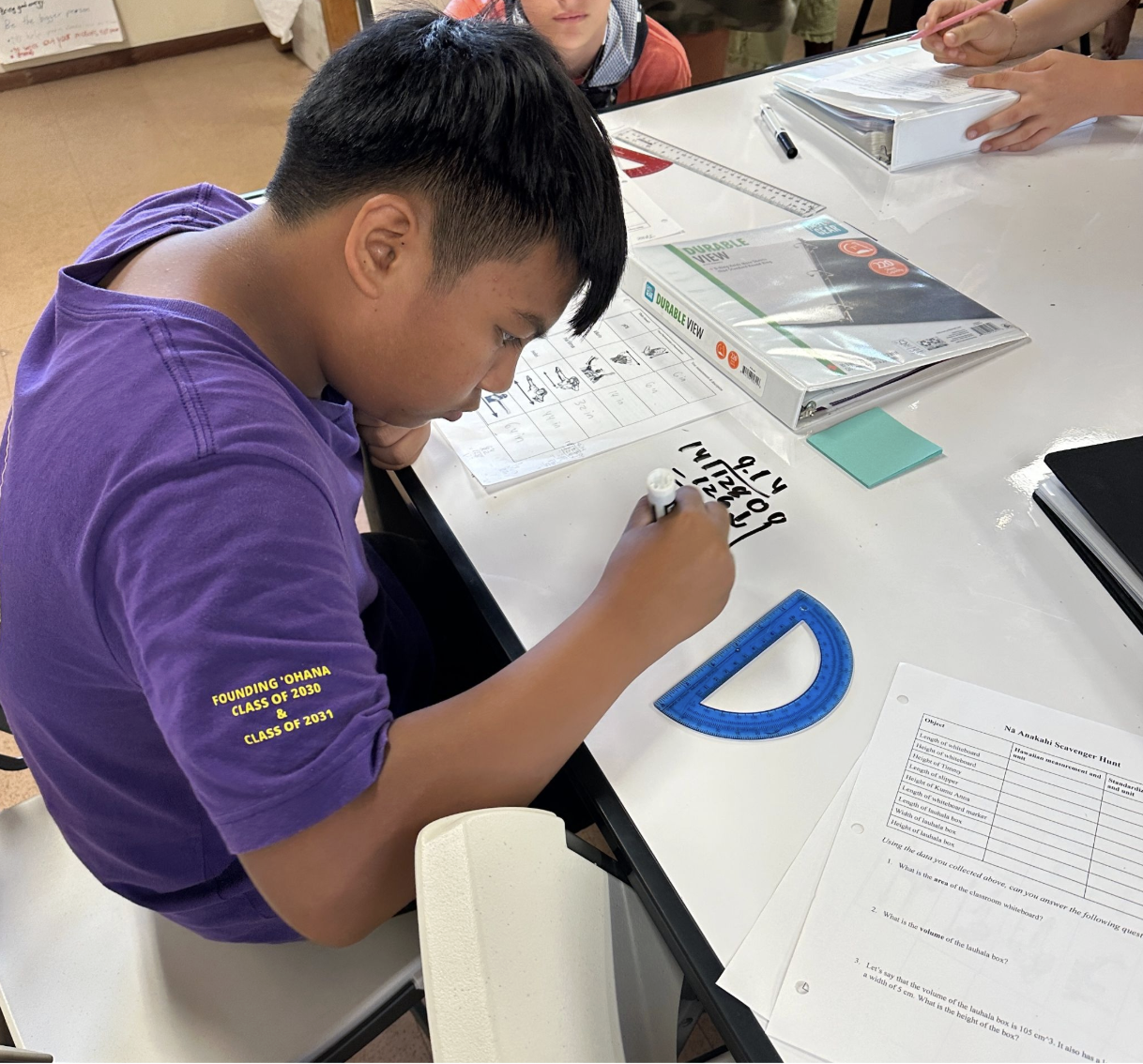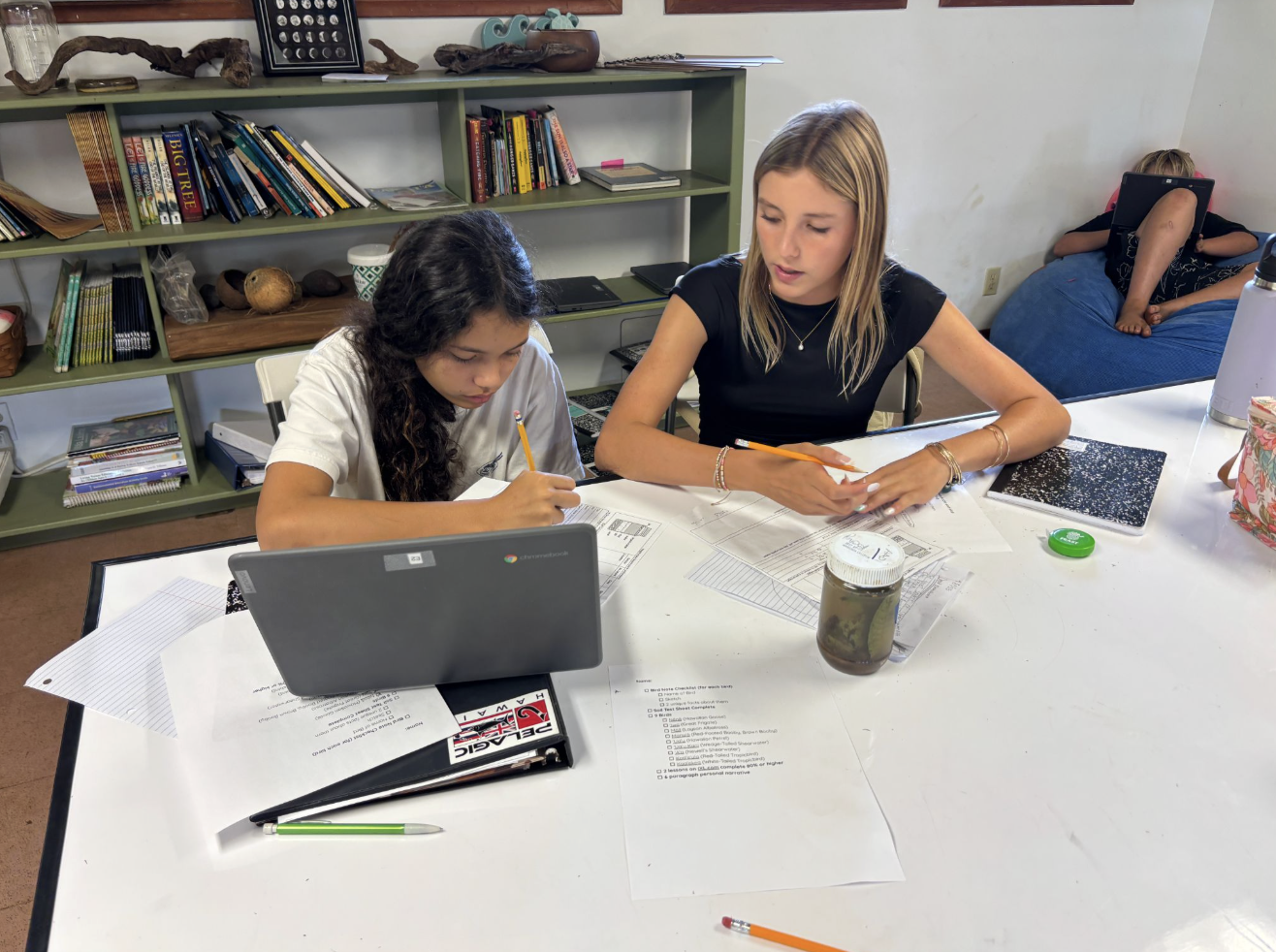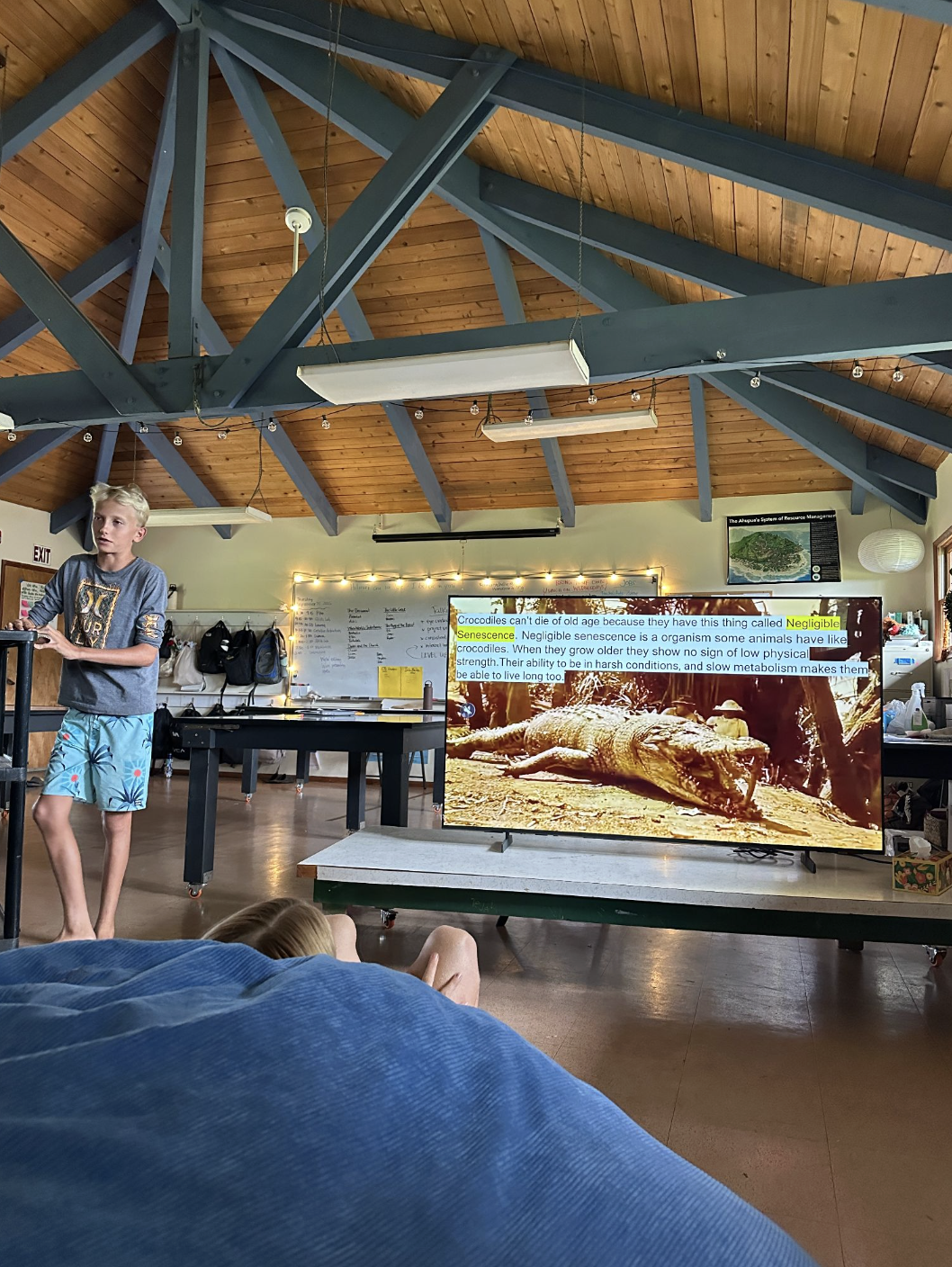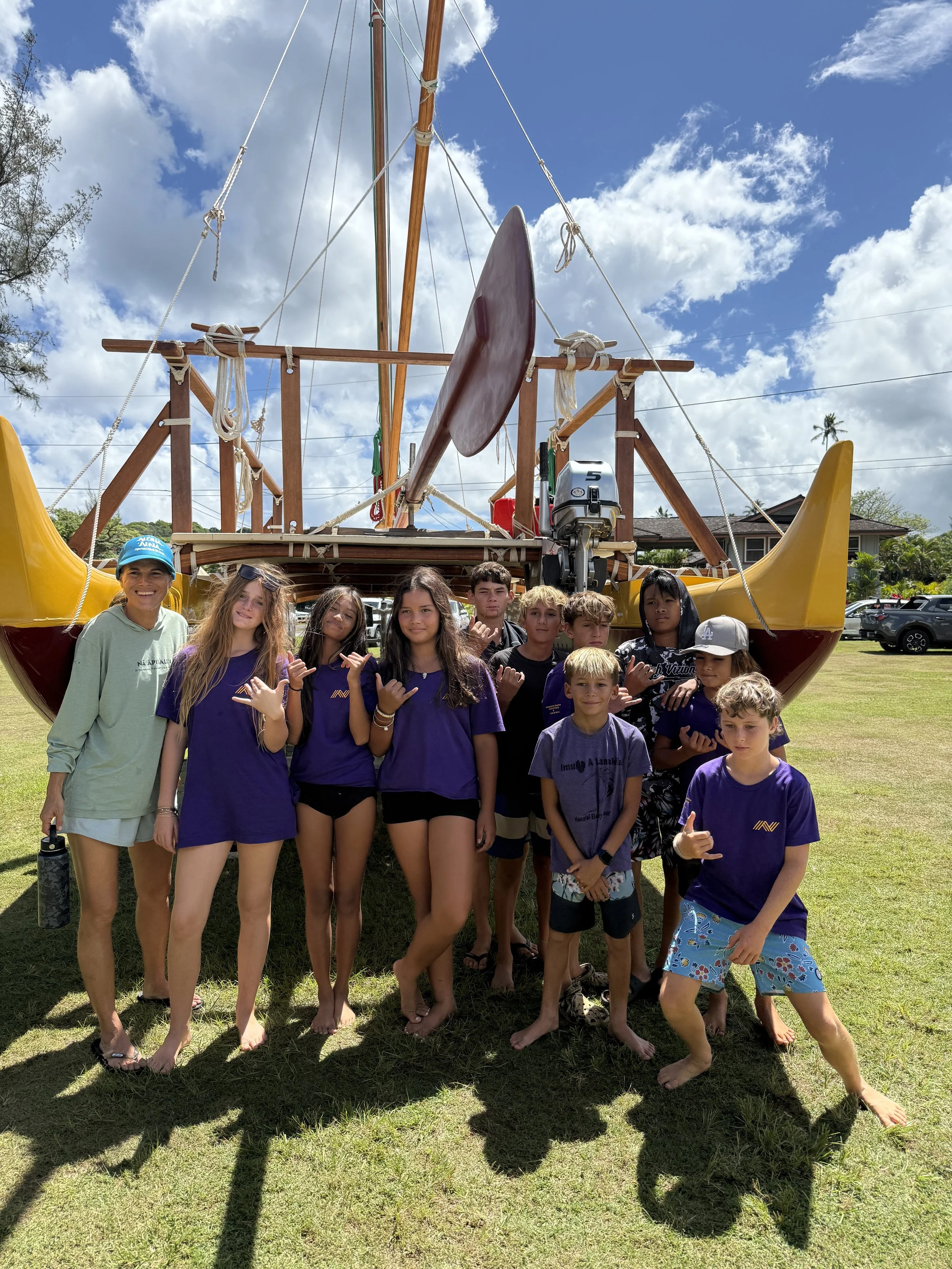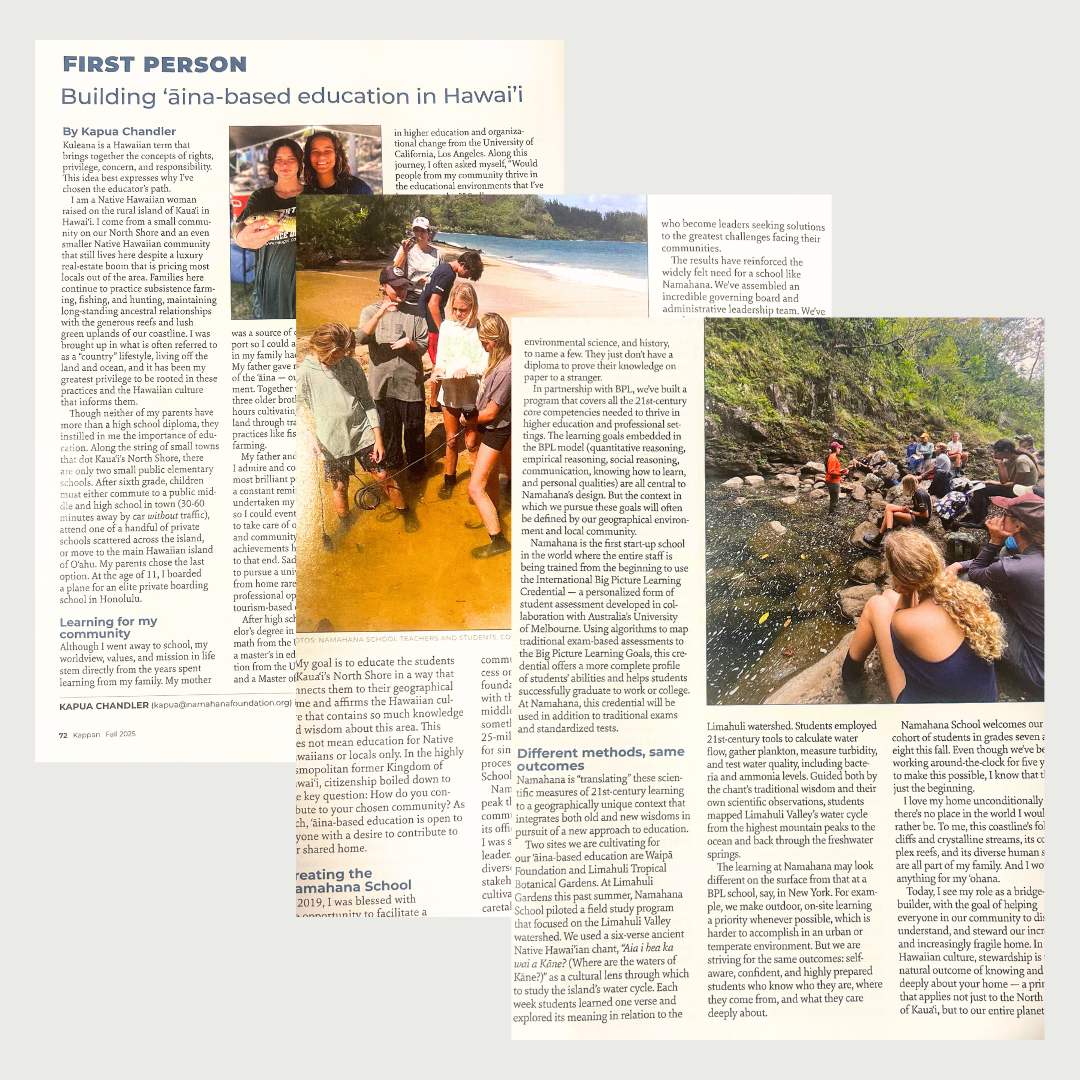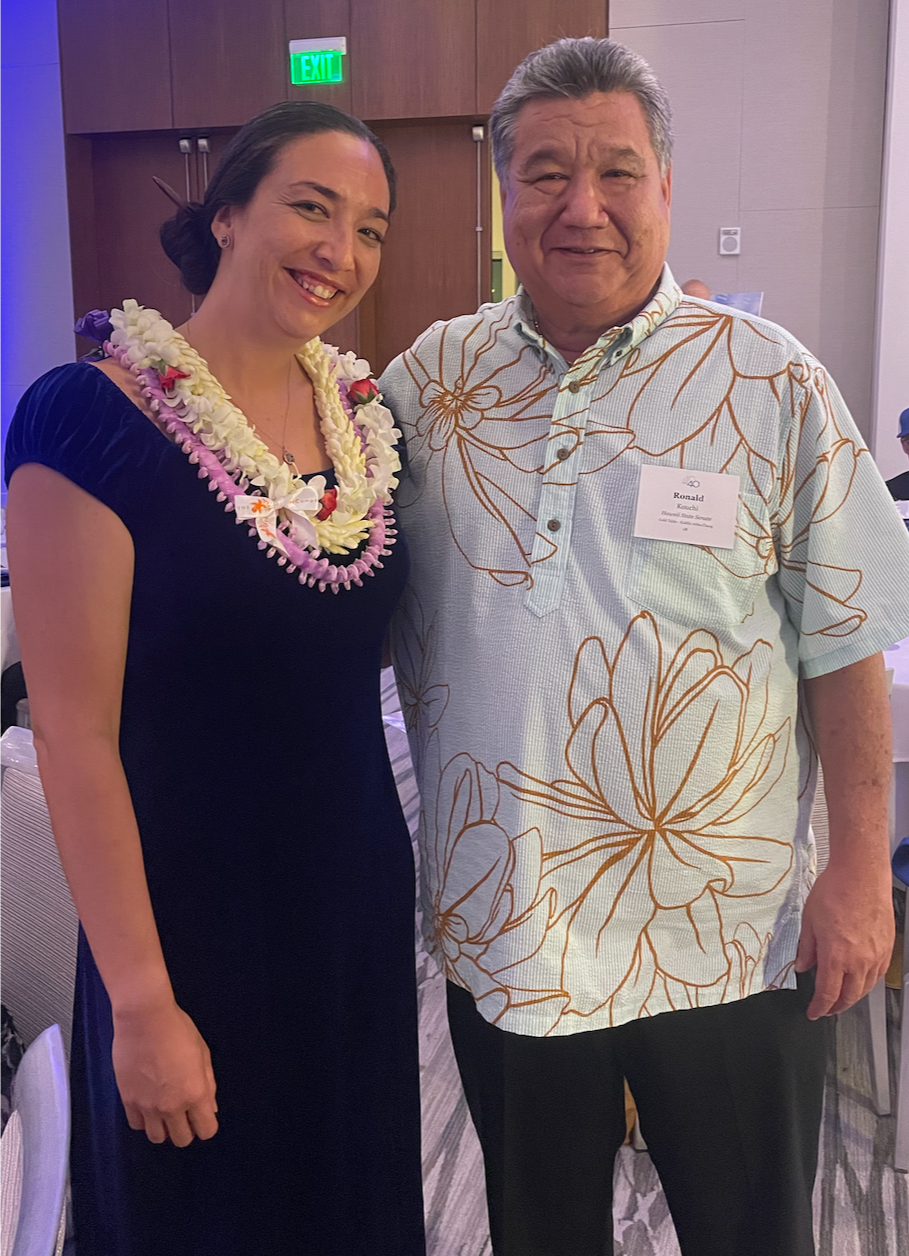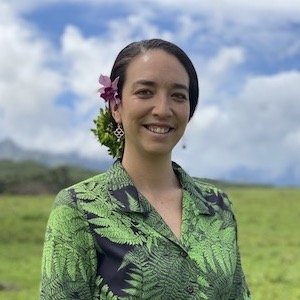Academic Learning Goals
At Namahana, learning begins with pilina, the relationships we build with people, place, and culture. Rooted in these connections, our Learning Goals extend beyond traditional standards, combining academic excellence with personal growth, social responsibility, and ʻāina-based experience.
Learning is personal because it begins with relationship; we first understand the learner, then shape learning around them.
This personalized approach builds on the Hawaiʻi Common Core Standards and extends learning into real world understanding, critical thinking, and meaningful connection. Through daily reflection and applied experience, students discover who they are, how they learn, and how their knowledge can serve their community and the world.
Knowing How to Learn
The goal is to be curious, with a drive to explore and be open to doing hard work; to understand that there are many ways of learning, knowing and making meaning in the world. It includes valuing learning from and with others inside and outside of school.
-
What am I curious about?
What do I want to know about it?
How can I learn about it?
Where will I learn about it?
With whom can I learn about it?
Personal Qualities
The goal is to strive to be the best person you can be; to demonstrate respect and empathy for others, take responsibility, be self-aware and act with courage and compassion; to reflect on your achievements and progress; to strive for personal and civic improvement.
-
What do I bring to this process (strengths/skills)?
How can I be stronger and healthier (well-being)?
How can I persevere at this?
How can I better organize my work?
How can I demonstrate respect?
How can I better manage my time?
How can I empathize more with others?
How can I be more self-aware?
How can I look out for my health and well-being?
How can I work cooperatively with others?
How can I communicate honestly about this?
How can I take on more of a leadership role?
How can I be responsible for this?
How can I enhance my community through this?
Quantitative Reasoning
The goal is to learn to use the skills, concepts and logic of mathematics to understand and interpret situations, solve problems and take action in life, learning and work.
-
How do I measure, compare, or represent it?
How can I use numbers to evaluate my hypothesis?
What numerical information can I collect about this?
How can I represent this work using a table, graph, or formula?
How can I interpret this formula or graph?
How can I measure its shape or structure?
What trends do I see? How does this change over time?
What predictions can I make?
Can I show correlation?
Empirical Reasoning
The goal is to learn through experimentation; to use evidence based on observation, experience and a logical process to understand, make decisions and to evaluate hypotheses.
-
How do I prove it?
What idea do I want to test?
What has other research shown?
What is my hypothesis?
How can I test it?
What information do I need to collect?
How will I collect the information?
What will I use as a control in my research?
How good is my information?
What are the results of my research?
What conclusions can I draw from my research?
How will I present my results?
Communication
The goal is to learn to be a great communicator; to understand your audience; to write, read, speak and listen well; to use technology and artistic expression (visual arts, music, dance, and theater) to communicate. In includes, where possible, another language.
-
How can I speak about it?
Who is my audience?
What is the main idea I want to get across?
How can I write about it?
What can I read about it?
Whom can I listen to about it?
How can technology help me to express it?
How can I express it creatively?
How can I express it in another language?
Social Reasoning
The goal is to learn to see diverse perspectives; to understand social issues, to explore ethics; to analyze and understand social systems and to look at issues historically and culturally. It includes learning to take responsible action to address inequity.
-
What do I notice that I want to change?
What would need to happen for that to change?
What can I do?
What are other people’s perspectives on this?
How do diverse communities view this?
Who cares about this? To whom is this important?
What is the history of this? How has this issue changed over time?
Who benefits and who is harmed through this issue?
What do people believe about this?
What social systems are in place around this?
What are the ethical questions behind this?
What do I think should be done about this?
FAQ
ti-leaf photo
Academic News
Dr. Kapua Chandler, Namahana School Leader




